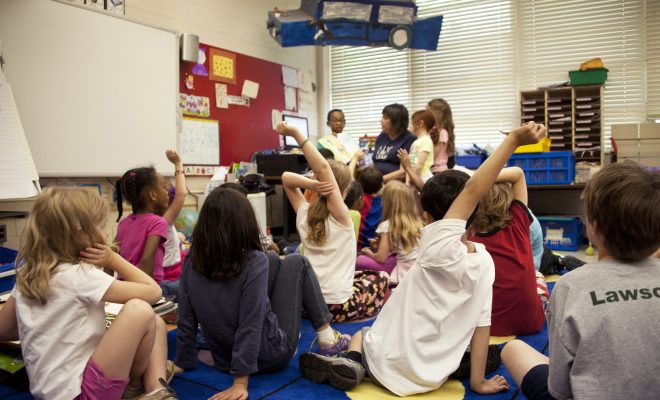‘The Arts Stop Us Killing Each Other’: Stars Tell Labour How to Rescue Britain’s Downtrodden Culture

In an era defined by social fragmentation and economic upheaval, the arts emerge as a beacon of hope—an assertion echoed by a growing chorus of voices from Britain’s cultural landscape. Recently, prominent figures from theatre, music, and literature voiced their concerns and suggestions to the Labour Party on how to revitalize the nation’s cultural sectors. Their message is clear: investing in the arts is not merely a matter of funding creativity; it is essential for the fabric of society itself.
The Cultural Crisis
Britain’s arts and culture scene has faced unprecedented challenges, compounded by austerity measures, the impact of Brexit, and the ongoing fallout from the COVID-19 pandemic. Cuts to funding have led to a decline in support for local arts organizations, community projects, and educational initiatives, leaving many to question the future of the creative industries. The stars who spoke to Labour underscored why reviving culture should be a priority for any government intent on fostering unity and community spirit.
Voices from the Arts
Among those lending their voices to the conversation is acclaimed playwright Sir Tom Stoppard, who emphasized the role of the arts in “nurturing empathy and understanding among diverse communities.” With the rise of social media platforms often highlighting divisions, he argued that the storytelling power of theatre and film can foster dialogue and bridge gaps. By investing in the arts, the Labour Party can help provide platforms for underrepresented voices, facilitating discussions that might otherwise go unheard.
Musician and activist Sir Paul McCartney echoed these sentiments, stating, “Music has the power to heal and unite. It’s essential that our communities have access to the tools to create and share their art.” He called for increased funding for music education in schools and community programs, highlighting how accessible music can inspire hope and resilience, particularly in economically disadvantaged areas.
Recommendations for Labour
The suggestions from these cultural heavyweights offer a roadmap for revitalizing Britain’s arts sector. Key recommendations include:
- Increased Funding: Advocating for higher investment in the arts, particularly regional arts councils and community initiatives, to ensure that creativity thrives outside of major urban centers.
- Arts in Education: Promoting arts education as a fundamental part of the national curriculum. Research consistently demonstrates how engagement with the arts can improve academic performance and mental well-being.
- Support for Grassroots Initiatives: Encouraging the Labour Party to support community-led projects that utilize the arts to address local issues. This includes grants for amateur theatre productions, community murals, and music festivals that celebrate local talent.
- Collaboration with the Private Sector: Incentivizing private investment in the arts through tax breaks or partnerships can help sustain cultural enterprises that struggle for funding.
- Diversity and Inclusion: Ensuring that funding and support reach marginalized voices, helping to create a more inclusive narrative that reflects Britain’s diverse population.
The Importance of Community
The overarching theme from these conversations is the intrinsic link between community and the arts. Cultural activities foster collaboration, inspire change, and enable dialogue, all of which contribute to a more cohesive society. As playwright Maxine Peake articulated, “The arts are a reflection of our society. When we ignore them, we risk losing touch with the very fabric that binds us.”
Conclusion
In a world often marked by division, the arts stand as a powerful reminder of our shared humanity. The insights from Britain’s cultural icons are a clarion call for the Labour Party to prioritize the revitalization of the arts as a means of healing, unifying, and empowering communities. By recognizing the importance of culture, the party can not only enrich lives but also reinforce the societal ties that hold us together in challenging times. The message is clear: The arts do not merely reflect society; they shape it, and in doing so, they can indeed stop us from killing each other.






